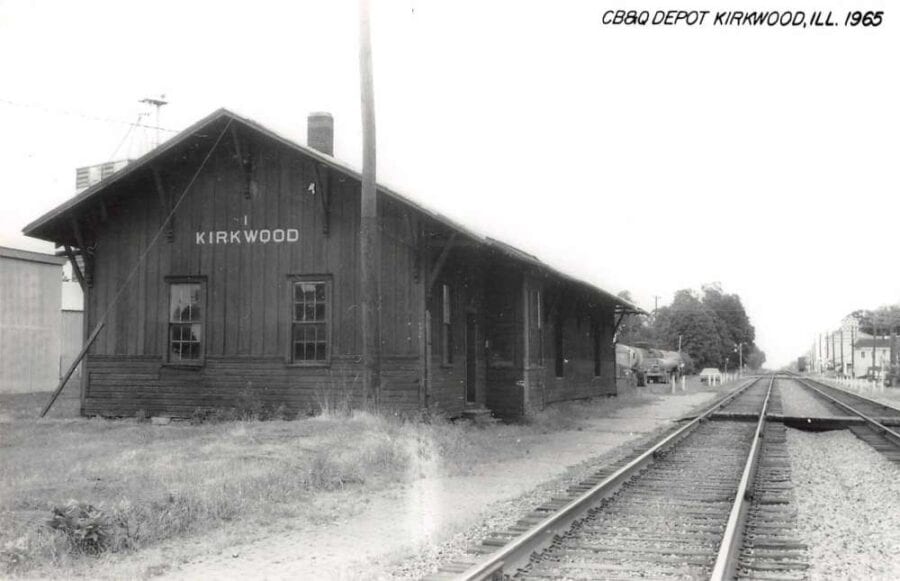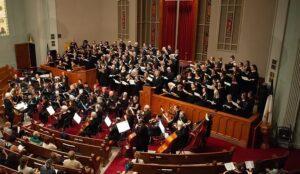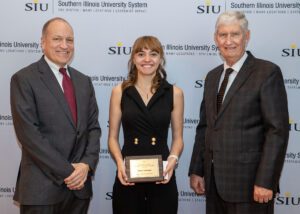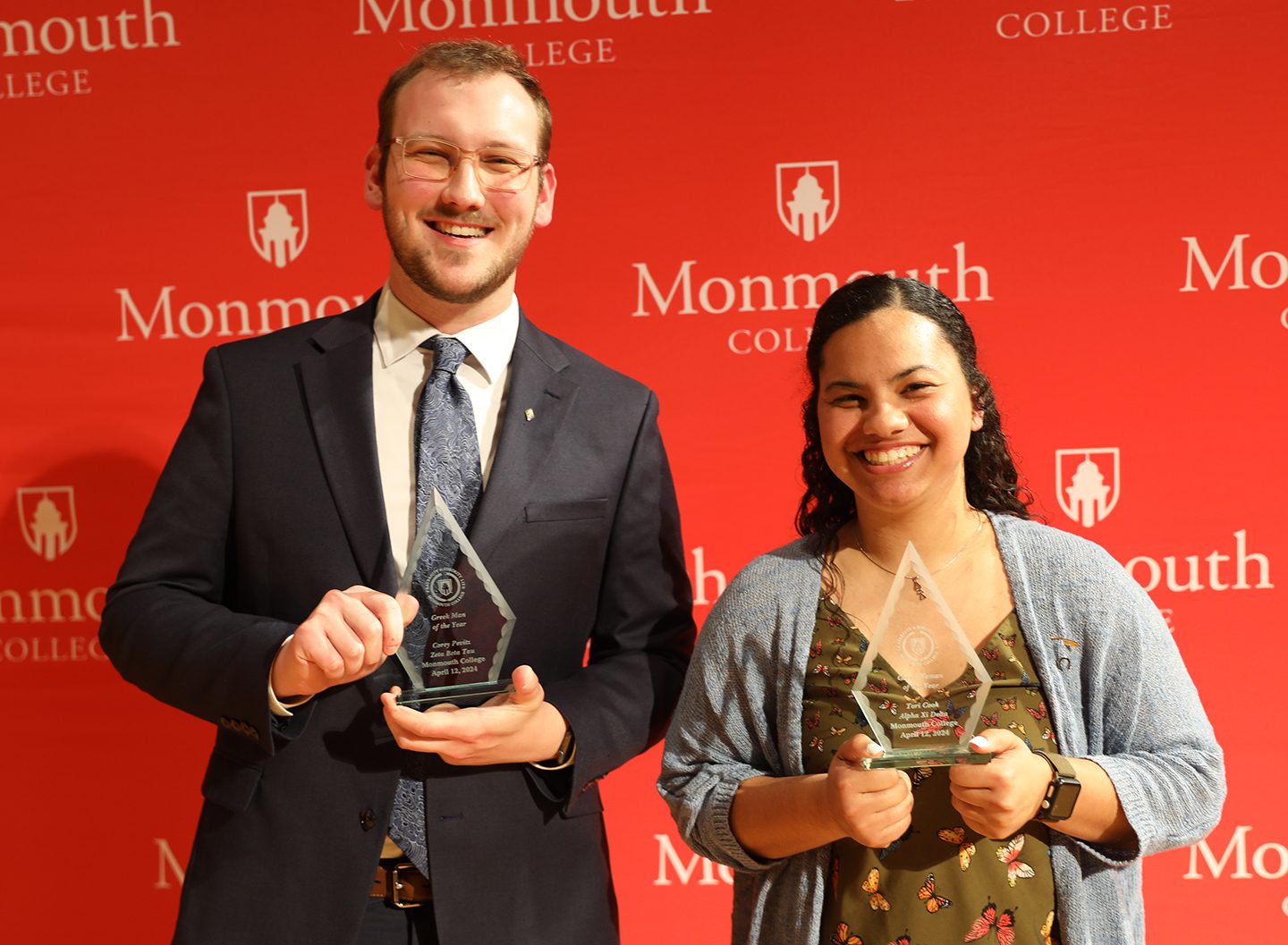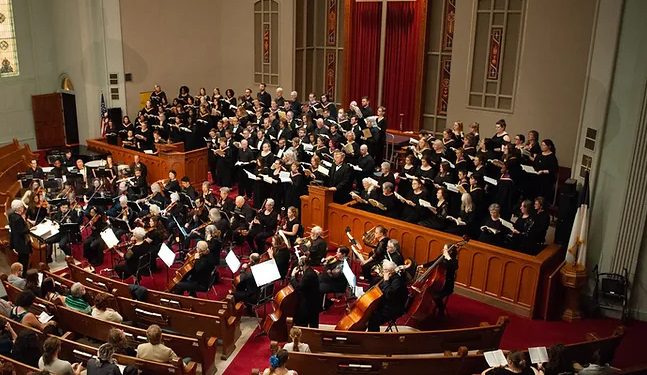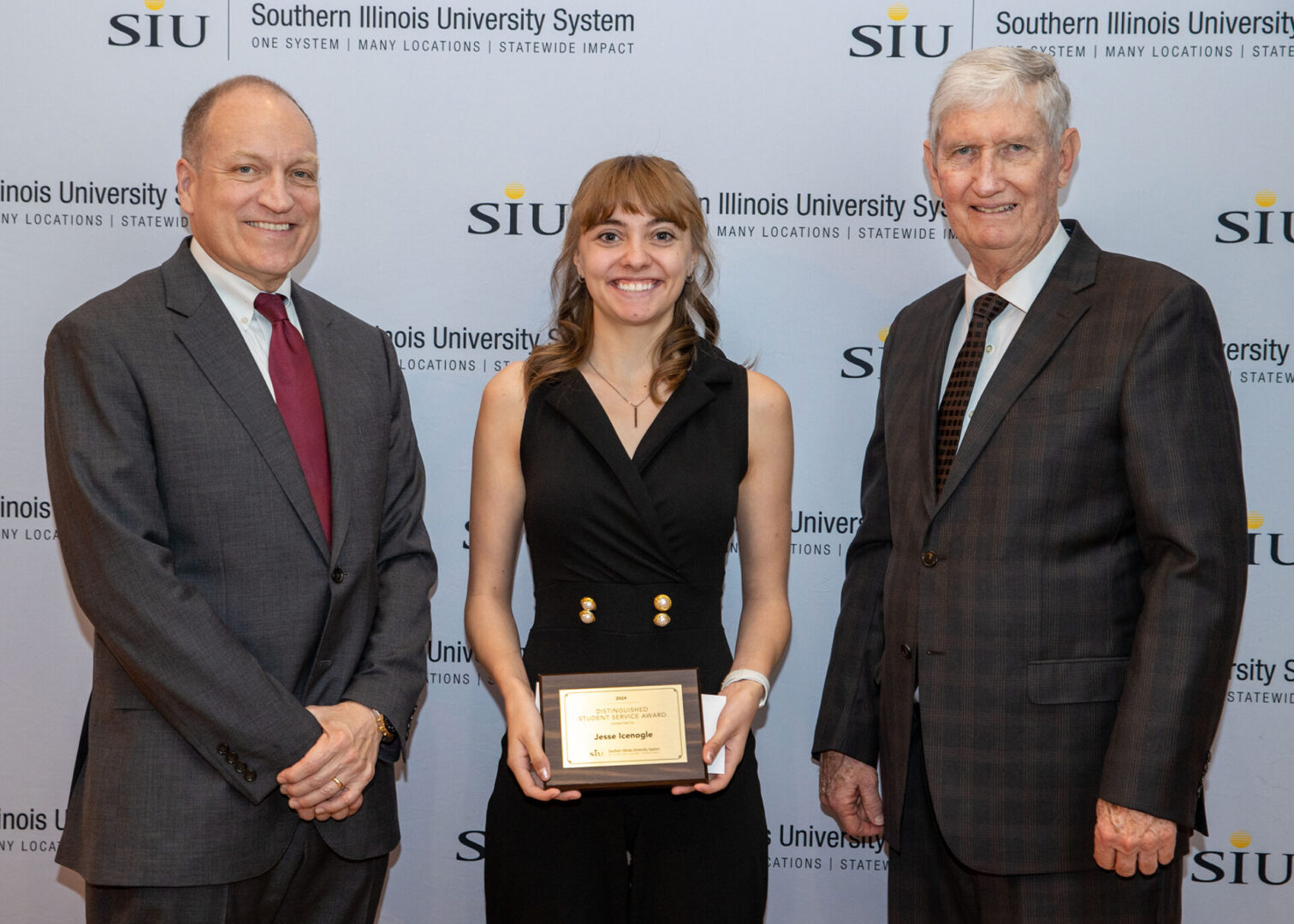HOW YOUNG AMERICA BECAME KIRKWOOD
Changing one’s name, either through marriage or by personal preference, is a rather straightforward process, but for a municipality to change its name is rare—both because of the legal complexities involved and opposition to change by some local residents. Nevertheless, the village of Kirkwood, Illinois, managed to change its name twice, and that’s the topic of today’s story.
The town now known as Kirkwood was platted by the Warren County surveyor in September 1854, just prior to the completion of the completion of the Peoria & Oquawka Railroad (later the C.B.&Q.) the following March. The railroad’s developers—Monmouth’s Abner C. Harding, Chancy Hardin and Ivory Quinby—foresaw the need for a town on the site to supply water for steam engines traveling between Monmouth and Burlington, and they turned a tidy profit selling lots in the future village. Harding even had a main street named for him—in the town where most streets were named for species of trees.
The original name for the railroad stop was Linden, and a post office was established under that name on Jan. 1, 1856. When it was realized that there was a town called Lyndon in Whiteside County, however, a name change seemed in order, so on June 9 of that same year, the name was changed to Young America—in the pre-Civil War days the name of a popular national movement tied to progress and western development, and later championed by Sen. Stephen A. Douglas as a program to compromise sectional difference. By 1856, the movement had reached its apex in popularity, but as sectional strife increased, the movement would gradually fall into disfavor.
On Aug. 12, 1865, the village was officially incorporated as Young America, but residents increasingly complained that the name was old-fashioned and poorly suited to a progressive community seeking to appear mature, urbane and forward-looking. A letter written to the editor of the Review Atlas on March 25, 1929, gives an account of what may have led to dropping the name Young America and adopting the name Kirkwood.
“At that time,” the letter stated, “Dr. Tubbs, an influential citizen of Young America, was coming from Chicago one day with ex-Governor Kirkwood of Iowa. In their conversation the ex-governor jokingly asked Dr. Tubbs what kind of town it was in which he lived. Was it what its name would naturally suggest?” (Both Kirkwood and Tubbs were prominent Republicans, a party which disdained principles historically associated with Democrats.)
The letter continued, “This was the ‘last straw’ needed and very soon after a movement was started to change the name.”
Although the letter was signed only “A Native Daughter,” a contemporary source believed it was written by Henry Tubbs’ niece, Marian Tubbs Cochran of Kirkwood, who was in her 20s at the time. The writer noted that “There was an especial fitness in (honoring Kirkwood) as his administration as war governor of Iowa had won for him well deserved renown and his jocular question had helped to create sentiment in favor of a change of name.”
She also noted that several names were suggested but “Kirkwood” was put forth by Ransom Tinkham, one of the village’s early settlers.
“Mrs. Ophelia Barnett, Mr. Tinkham’s daughter,” she said, “tells me she well remembers when her father came home after the meeting to select a name and told them that he had proposed the name of Kirkwood and that it had been adopted.”
On Aug. 19, 1872, Young America was incorporated under the general law, following an initial but unsuccessful attempt to change the name. “Marquette” and “America” were proposed as potential new names. Eleven votes were cast for “America,” 33 for “Marquette” and 132 against any change. Still the griping went on.
Finally, on May 22, 1874, the village board legally changed the name to Kirkwood. The move was not universally popular, as 102 voters presented the trustees with a petition vigorously protesting any change. Of the six trustees, only one—T. F. Southers—voted against the change.
The ultimate credit for the naming of Kirkwood probably belongs to Dr. Henry Tubbs, who was unquestionably the town’s leading citizen. His grand Italianate mansion, which still stands at the corner of Harding and Cherry Streets, bears testament to his prominence.
Born into poverty in 1822, the young Tubbs drove horses for Erie Canal boats and taught school to finance a medical education. He eventually developed a thriving medical practice in Cleveland, Ohio, but poor health caused him to abandon that career. He moved to Young America where he established a hardware store and used the profits to establish a private bank, which became The First National Bank of Kirkwood. He then bought stock in the Monmouth National Bank and was elected its president in 1884. He died in 1899.
Gov. Samuel J. Kirkwood (1813-1894), who is honored with a statue in Statuary Hall of the U.S. Capitol, gained national prominence during the Civil War for his extraordinary efforts of raising and equipping companies of Iowa soldiers for the Union Army. In addition to serving two terms as Iowa governor, he served two terms as U.S. senator, and also served as Secretary of the Interior.
His conversation with Tubbs on the train from Chicago that day almost certainly struck a chord with Tubbs that pushed the name change forward and cemented the name Kirkwood as an appropriate alternative to Young America.
For Maple City Memories, I’m Jeff Rankin.


